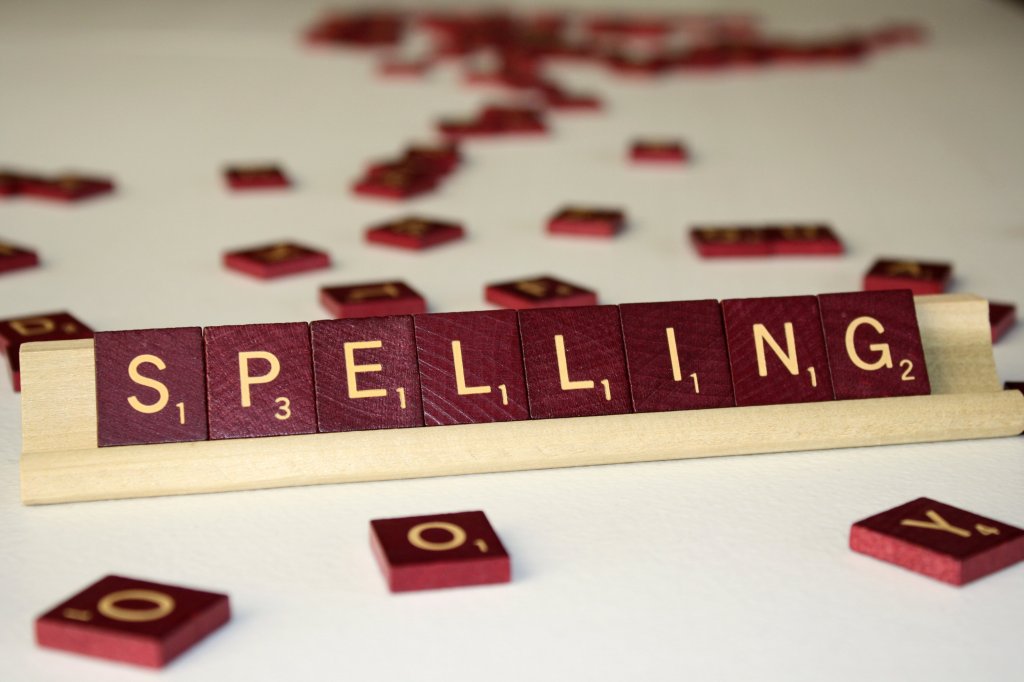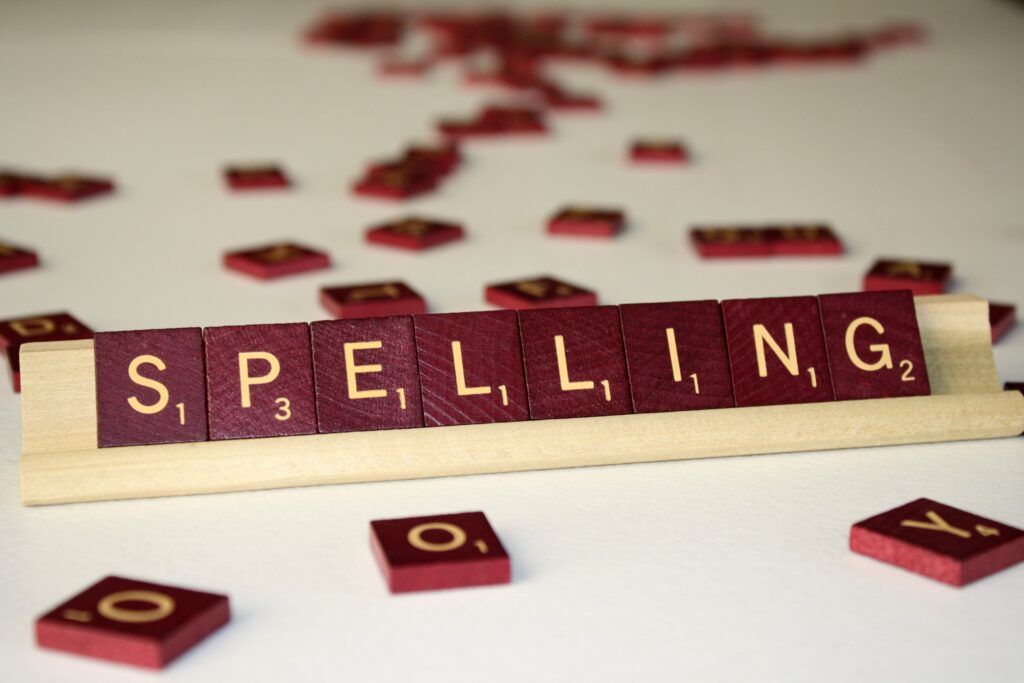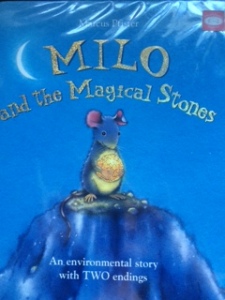Perhaps the usual spelling lessons at school involve talking about the rule, playing some games in groups and then practising through writing.
But learning remotely takes away the interaction and some hands on games for many children thus leaving spelling to more of a chore task than one which is often fun.
Remote learning needs to be interactive and adaptive to all students needs. Offer a variety of tasks and levels so that all students feel supported and challenged. One size does not fit all.

SO
How about we think about how we can make spelling more real while we remote learn? Can we add more depth and complexity so students can see purpose as they learn individually? We can – check these ideas out:
- Find time to zoom your students with spelling work – these are lessons that can be highly beneficial via zoom. Check out Spelfabet’s spelling lists that make sense in how students develop their knowledge of words: https://www.spelfabet.com.au/blog/
- Encourage students via your feedback to turn off their spellcheck and highlight words they think are incorrect. Turning off spellcheck is a great tool for them to use otherwise once they return, bad habits may be harder to change.
- For older students and those familiar with spelling, watch this video and explore how we can have fun with spelling words. How can we play on words with similar spellings and create whole new meanings?! https://www.mentalfloss.com/article/68266/all-50-states-reimagined-food-puns?ck_subscriber_id=623692368
- Use books students are reading to find spelling words is a task many of us have asked children to do BUT what if that sound isn’t in there? Perhaps taking 5 minutes of your own time is the way to go here & create a simple yet fun story yourself! This could then lead students into taking turns to write spelling stories which can be swapped and shared throughout remote learnings.
- Use an image from the Art gallery to inspire your spelling list. How could these words be used to describe various art works? Not only are the students using the sound, they are seeing how it can be used in different contexts. https://www.artgallery.nsw.gov.au/art/channel/virtual-visit/archibald-prize-2021/
- Extension: Find synonyms or antonyms or antagonyms (look that one up!) for the words
- Extension: Find the greek or latin roots of the words
Do you have some fun, interactive yet educational tools you have been using for spelling? Let me know.


